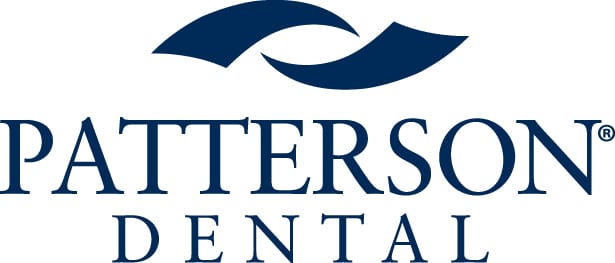By: Sable Muntean
It can be tempting to jump right into the workforce after graduating from dental school, but finding a residency can be a hugely rewarding experience for new dentists — and those positions are often paid, as well.
How Long Is Dental Residency?
The residency process only takes a year, or potentially two, so it certainly won’t throw your career plans off track.
Still, many young dentists aren’t sure if a residency is the right step to take after graduating. Understandably, the idea of spending another year or two learning before entering the job market can seem a little daunting.
But residencies can be amazing opportunities to perfect yourself and truly prepare for your career. You can work through an AEGD program, which is typically clinically based, or you can choose a GPR program, which is generally hospital-based.
Is a Dental Residency Worth It?
Here are four reasons to consider taking a year to do a residency before going into private practice.
1. Residencies Offer Complexity
Learning is the goal of dental school, and that mentality helps a lot of students quickly grow as dentists. But sometimes, in the name of simplicity to help inexperienced dentists improve, patients, are screened to avoid complex situations.
Residencies are more complicated in two ways.
First, the volume of patients is higher. Rather than focusing on a few specific patients to work on certain techniques, dentists in a residency deal with a high volume of patients. Although private practice typically has the highest patient volume, residency can be a good middle ground to adjust to increased workloads.
Second, the cases themselves become more complex. Dentists in residencies work on advanced issues like full-mouth rehabilitation and surgical work, and real-world experience like that is invaluable in private practice.
2. Mentorship & Continued Education
Finding a genuine mentor is more than just networking.
Not only does it give you one-on-one time with an experienced colleague to learn in a very personal way, but it can also enrich your career and help you focus on the meaning of what you’re doing.
Having a mentor is often a great way for young dentists to understand exactly what they want to do with their degree, and starting a lifelong path early can be essential.
Even in the barest practical terms, mentorship is important. Having a real mentor gives you access to an expert opinion on whatever issues might crop up, and that’s extremely valuable, especially when dealing with real-world issues during your residency.
3. Learn Business Administration
A residency program is a great way to dip your toes into the job market and the world of private practice.
You can learn about a lot more than just dentistry — many clinics offer seminars on business administration that can give you a leg up in understanding the finer details of owning a dental clinic.
In the “real world” of private practice, there’s an expectation that you are consistently excellent in your work and in how you run your business, and that pressure can be a lot for a recent graduate.
A residency offers a more forgiving environment to learn the ropes in the dental industry which can be incredibly beneficial.
4. Gain Personal Experience
Finally, a residency can be worthwhile for the same reason any new experience is worthwhile: the chance to get outside your comfort zone and find a new place, new people, and new opportunities.
If you decide to do a residency, try to go somewhere besides your dental school. The chance to live in a different city and discover different colleagues and faculty can be incredibly rewarding. Dentists are lifelong learners, so it’s essential to branch out and see the different sides of the industry before jumping into private practice.
Being able to meet new people and polish your skills is never a bad thing, so weigh your options and consider working in a residency!
Photo by EVG Kowalievska


